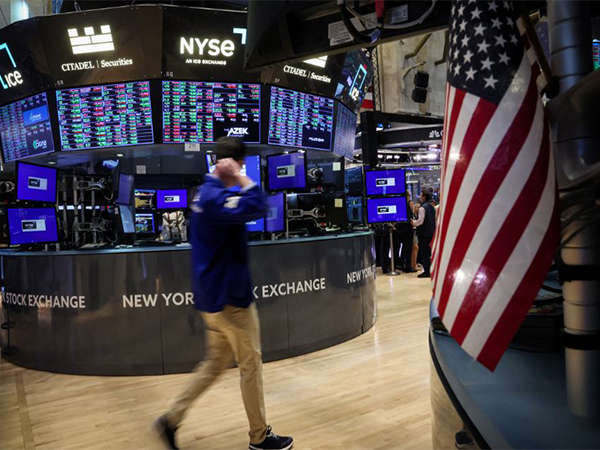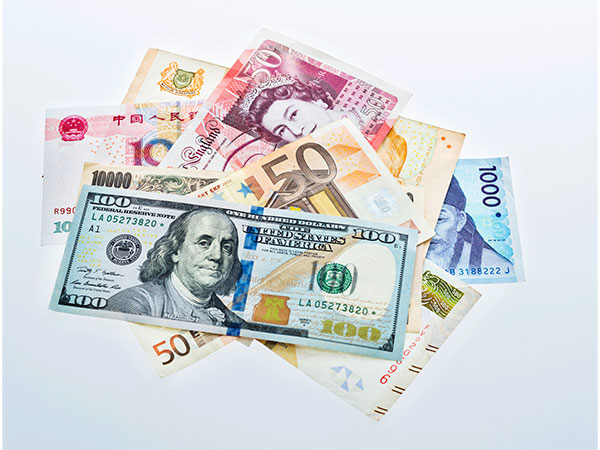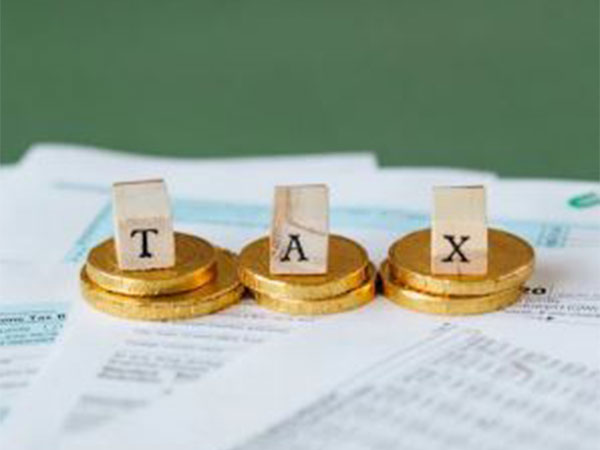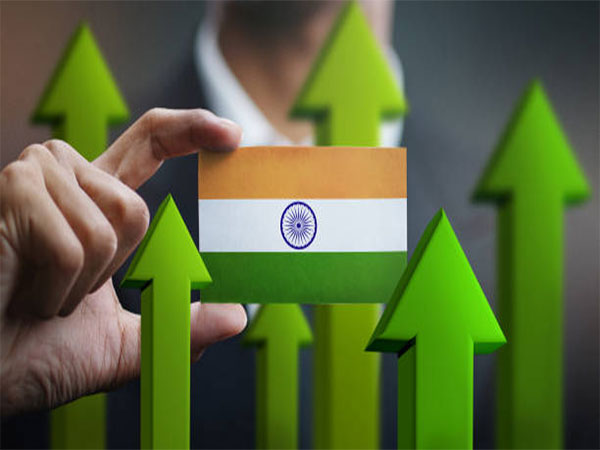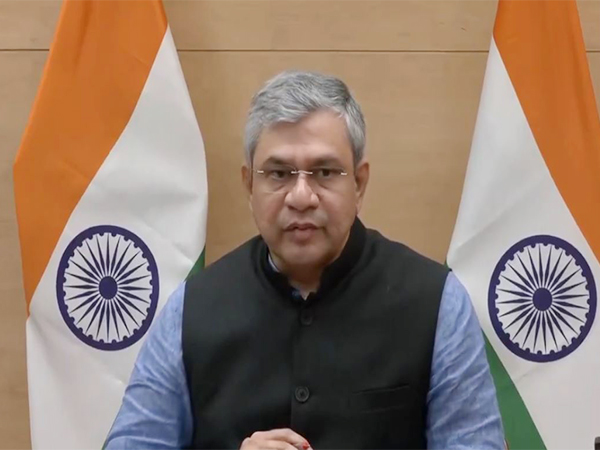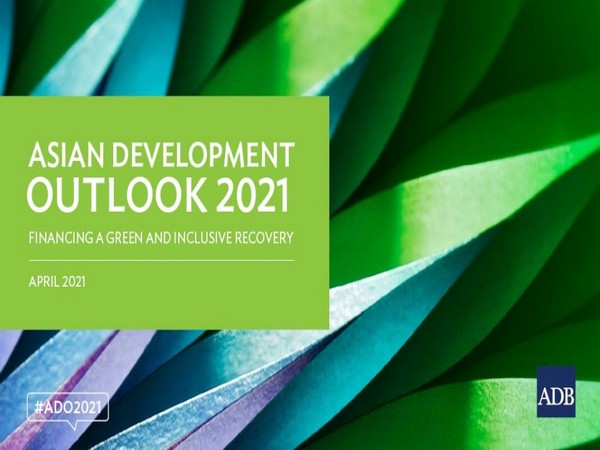
Manila [The Philippines], May 1 (ANI): Green and social finance must be nurtured to ensure that Asia and the Pacific’s recovery from coronavirus disease (Covid-19) pandemic is inclusive, resilient and sustainable, according to Asian Development Outlook (ADO) 2021 by the Asian Development Bank (ADB).
Governments should use policies to support the development of social and green finance — financing instruments designed to promote environmental and social goals — according to the report’s theme chapter.
The report urges governments to use fiscal measures, legislation, and regulation to accelerate the growth of green and social finance. Regulations that enforce common standards for information disclosure and impact measurement can help ensure that green and social finance is effective, sustainable, and attractive — especially for the private sector.
“Covid-19 has disproportionately hurt the poor, but it also presents an opportunity to build back better,” said ADB Chief Economist Yasuyuki Sawada. “This ‘Great Reset’ requires vast investment in the environment and in social sectors such as health and education.”
It can only happen through concerted efforts by the region’s governments and the private sector, especially since government revenue has been hit hard by the pandemic, said Sawada. Governments should strengthen the market infrastructure and ecosystem for green and social finance so that it can flourish and contribute to a sustainable and inclusive recovery.
Green and social finance has grown rapidly in recent years, especially in the private sector. Changing investor preferences toward sustainable development goals have played a big role. Over 30 trillion dollars or one-third of global assets are now under management guided by environmental, social and governance considerations.
Firms are using green and social finance to hedge sustainability risks, attract ‘patient investors’ and gain greater resilience to shocks. While high-income economies still dominate the market, developing Asia is the leader among emerging markets in green, social, and sustainability bonds, according to the report.
The report also documents how green and social finance benefits investors, firms, and society. Evidence suggests that companies using green finance have enjoyed better stock performance and greater resilience during the pandemic.
Asian green bond issuers also improved their environmental performance scores by 30 per cent on average, two years after issuance. Cities that issue more green bonds see significant improvements in air quality, leading to health benefits.
The report outlines several financing tools that can promote a green and inclusive recovery, including stimulus packages, microfinance and carbon pricing. Innovative financing mechanisms like impact bonds help connect private sector capital to social programmes.
One example is the ‘Educate Girls’ Development Impact Bond which helped improve education outcomes for marginalised school-age girls in India.
Multilateral development banks like ADB can also help green and social finance grow, the report notes. They can do so by providing direct financing and by catalysing capital from public and private sources through blended finance, credit enhancement, loan guarantees and other innovative instruments.
They can also play a crucial role in helping strengthen market infrastructure and ecosystems, government policy, knowledge and capacity in developing economies.
(ANI)








